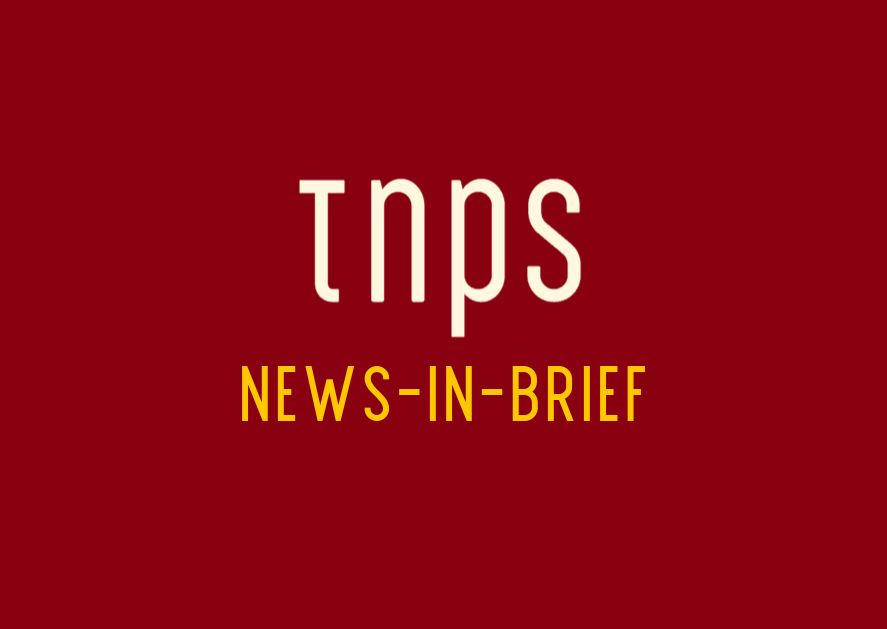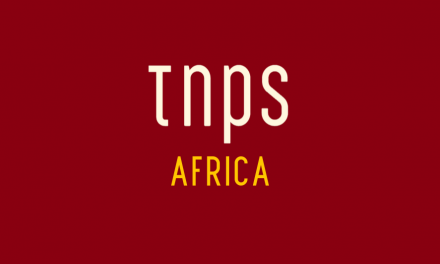As so often happens in publishing, the real stories are lost in the detail. Take the 2019 Jerusalem International Book Forum earlier this month.
While Joyce Carol Oates winning the Jerusalem Prize this year understandably made the headlines, the rest of the 2019 Book Forum was relegated to a footnote, and it is only now, two weeks after the event, that the meat of the meet, so to speak, has become disseminated beyond the event itself.
For that we have Suzanne Balaban, president of BMM Worldwide, to thank, along with Publishers Weekly who ran Balaban’s review of the Forum this week.
Balaban has a way with words, and before getting to the aforementioned meat of the meat, let’s let Balaban introduce the event in her own sweet style.
Jerusalem is addictive. Reasonably small and obsessively intimate, it’s a place to encounter other lives and points of view. Trading intellectual property of all kinds, writers, publishers, literary editors, agents, and film scouts from more than 30 countries met earlier this month at the reworked Jerusalem International Book Forum, held in collaboration with the seventh International Writers Festival. Honestly, it’s the new Silk Road for stories.
Head over to Publishers Weekly for the full post.
Here just to single out Balaban’s all too fleeting highlights of the “Executive Summary”, a panel of CEOs at ther Jerusalem International Book Forum that included Markus Dohle, Stefan von Holtzbrinck, Andrew Franklin and Vera Michalski-Hoffman.

It would be great to see a transcript of that panel, but here’s the key takeaway courtesy of Suzanne Balaban:
“Talk this industry up!” said Markus Dohle, CEO of Penguin Random House, who was on a panel of industry leaders. “The revenue pool has grown for all of us,” he added, explaining that publishing professionals should realize that they work in “the Silicon Valley of media, doing seed funding for 15,000 [books] in a year.” The editors, agents, and publicists are “angel investors,” Dohle continued, noting that even though “this is a business of failure… [the returns] are part of this model” and “the industry is in good shape.” He also announced that PRH has upped its entry-level salary to $40,000 (“Still embarrassing,” he admitted) and has enrolled hundreds in a new student loan assistance program.
There’s a lot more in the OP, but let’s just savour those comments from Dohle a moment.
The industry is in good shape. The revenue pool has grown for all of us.
But wait… What about the “Attention Economy”? What about all these former readers who are now so busy on their smartphones, or re-watching Game of Thrones, or playing Pokémon that they no longer buy books?
What happened to the mighty Amazon squeezing publishers until the pips squeaked? Or to Data Guy’s infamous Pacman portrayal of Amazon eating Big Pub’s lunch?
Of course that image, along with the rest of the Author Earnings Reports, has now been laid to rest, and curiously we don’t hear much anymore of Data Guy telling us how Big Pub is on its knees.
“Talk this industry up!” said Dohle.
But the problem with news reporting is that good news is never as dramatic and audience fulfilling as bad news.
Maybe that’s why so much good news about publishing gets lost in the detail, while anything untoward is headlined.
So as BEA unfolds in New York, let’s keep in mind the words of the CEO of the world’s biggest trade publisher:
The industry is in good shape. The revenue pool has grown for all of us.





